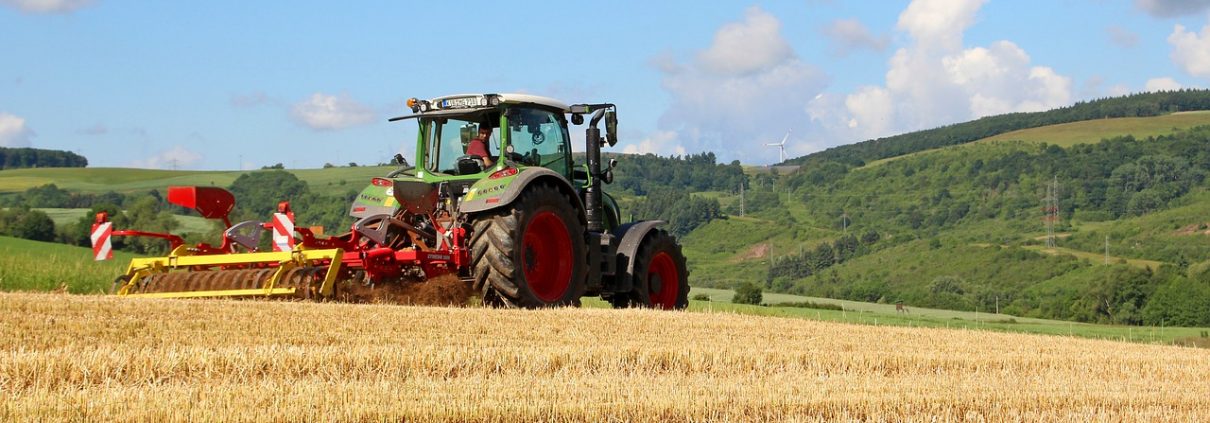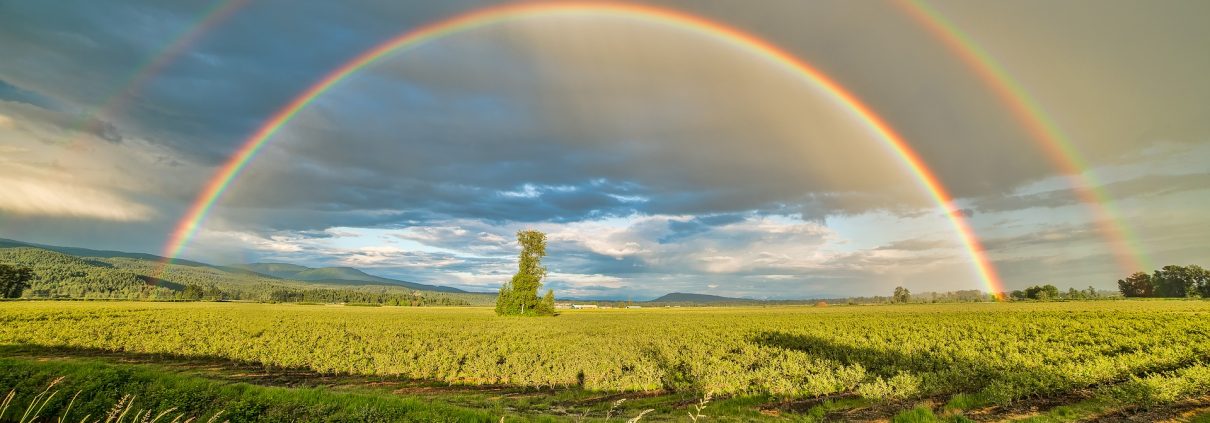Why Farmland Is A Good Investment
While many current media stories relate the plight of the American farmer, savvy investors with long-term goals know that investing in farmland can actually be quite a lucrative endeavor. A sizable tract of open farmland can become something very profitable so long as you do your due diligence and enlist the aid of a qualified real estate agent who is experienced in doing farmland transactions.
What to Know Before Investing in Farmland
Purchasing land is not as easy as securing a mortgage for a home. A land loan typically needs to be paid within 3-5 years, and both the down payment and interest rates are higher than that of a mortgage as well. Experts recommend paying cash for a land purchase if you are able.
It’s also important to note that a farmland investment is different than a regular land purchase. You’ve got to have the knowledge and experience to be able to properly maintain the site for maximum profitability (or at least the ability to hire someone who possesses both).
If you plan on living on the land yourself, you’ve also got to be prepared for a significant lifestyle change and any environmental factors that could affect your crops. That being said, if you’ve got the fortitude and resources for farmland investing, there are a number of ways in which you could benefit from this type of real estate purchase.
Benefits of Investing in Farmland
When you own farmland, you have several options for making a profit. The most common is, of course, growing and selling your own crops. An alternative to this would be leasing the farmland, saving you a lot of the work while still allowing you to reap some of the reward.
You aren’t necessarily limited to keeping the land for strictly farm purposes, either. Assuming zoning laws will allow it, there isn’t much you can’t do with your own private property. Just make sure to work with a qualified land agent so you know the property’s highest and best use so you can make informed decisions about it.
Farmland Is Exempt From Certain Taxes
If the land is utilized as a farm, the income you generate is exempt from the wealth tax. Additionally, mortgage interest on farmland can be deducted from your taxes.
Government Assistance
There may also be government grants available to you for growing crops and purchasing livestock, which could be another source of lucrative income.
Why It’s a Good Time to Invest in Farmland
The rising food demand due to a growing global population is proving good for farmers. Subsequently, many nations are seeking to purchase large tracts of farmland to better supply their own countries with food at a reasonable cost.
As a result, farmland is a red-hot investment right now, and, according to Marketwire, has appreciated at a rate 2% higher than inflation since the 1950s.
Historically, farmland also offers higher total returns than many other types of real estate investments, and also exhibits a much lower level of risk. That’s because farmland continues to produce product that are in high demand and likely always will be: meats, grains, fruits, and vegetables. Additionally, even when the market is fluctuating farmland typically escapes such volatility and continues to appreciate.
While there is, of course, no solid guarantee that your farmland investment will yield amazing results through crops or property leasing, you still have the chance to build equity. Over the last decade farmland prices have nearly doubled in most areas of the country, giving you the opportunity to at least make a sizable profit simply by owning the agricultural land and selling it at a later date to another investor.
In Conclusion
Globally, farmland today is a $9 trillion market. Farmland has remained a solid investment option for over 50 years, with high returns and mitigated little risk. Additionally, because the market is often confusing and at times daunting for those without sufficient knowledge of how to navigate it, there is a lot of untapped potential for investors who take the time to properly research the market and retain the aid of a realtor with experience in farmland purchases.
Farmland also makes a great addition to any investment portfolio, as it has proven resistant to inflation and is a sizable asset that will retain its worth. Farmland investing can be quite costly from the initial outset, but if you aren’t intimidated by the costs or any other potential barriers, it can be truly worthwhile investment.











